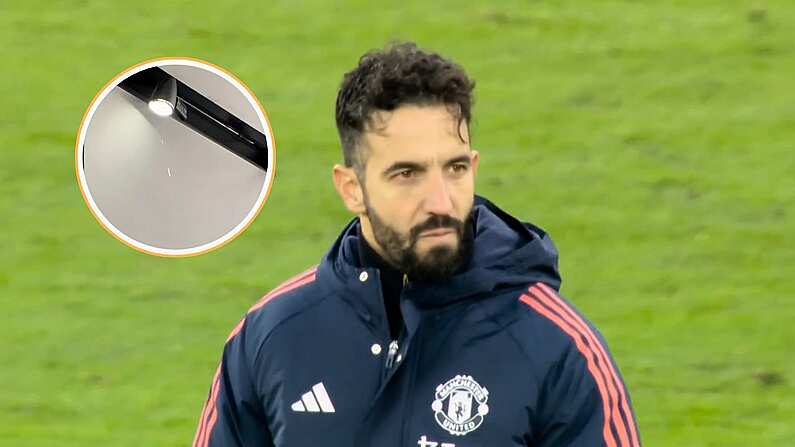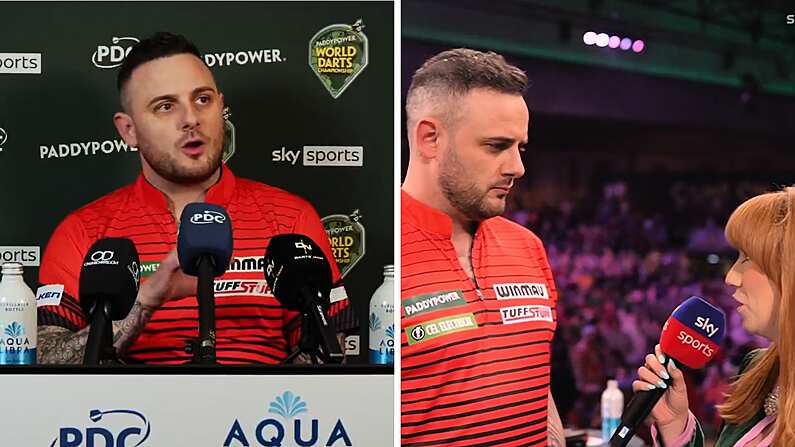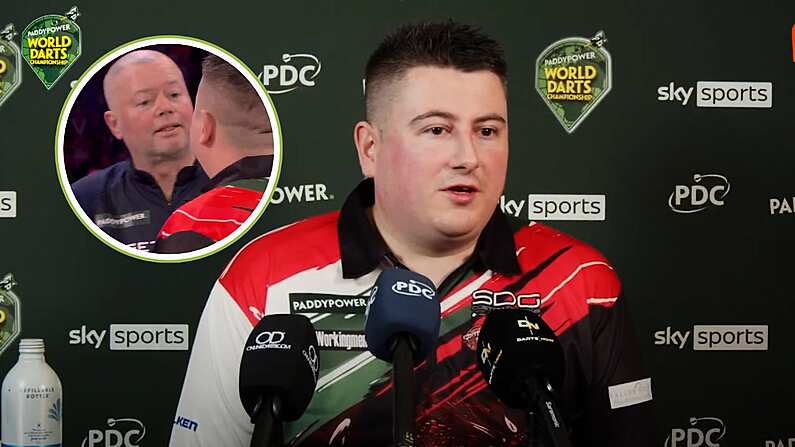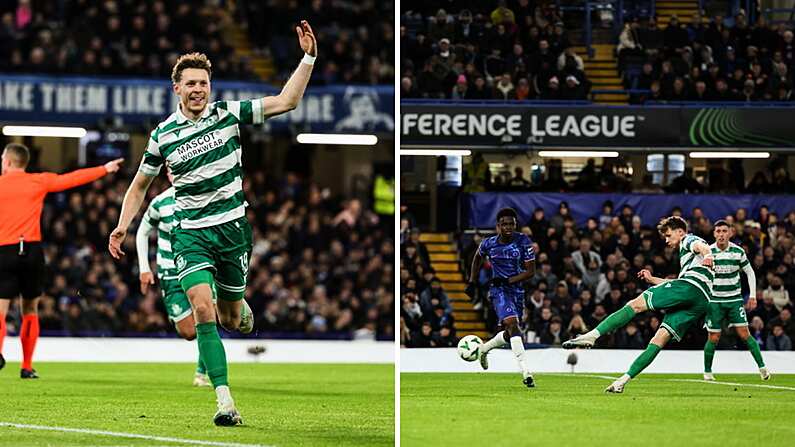Unless you're a statistics and mathematics genius, you would probably have gone along with the rest of us sheep and just assumed that Saturday's Euro 2016 draw is all fine and dandy. Ireland are in pot 4 because that's where the seedings decided we deserved to be.
We'll be drawn into a tough group and we'll have to make do with it. The odds are stacked against us simply because our results over the past number of years have been average at best. However, depending on what group we're drawn in, that may not be the only way in which the draw is stacked against us.
Given that we barely listened in Leaving Cert maths like the rest of the country, our knowledge of statistics and probability would have meant that the following scenario would have completely passed us by. However, a reddit user by the name of Sebastian Wolsing is significantly more intelligent than that and he has managed to work out and explain why the group that Ireland are drawn in on Saturday already has a bearing on the likelihood of our progression through the competition.
Put simply, Group E is evil and Group A would be perfect.
The fact that the Euros is a 24 team tournament for the first time has delivered some significant problems. 16 teams works perfectly, as does 32 for the World Cup. 24 means that the second round will be occupied by the top two teams in each of the six groups as well as the four best third place finishers.
That leaves 16 teams from which a normal second round can be played just like the World Cup. However, the seedings and draw mean that this structure is inherently weighted against certain groups from the outset.
According to Wolsing, the nature of the draw means that;
The winners of group A, B, C and D get to face third-placed teams,when the winners of group E and F move on to face runner-ups.
The runner-ups of group A, B, C and F get to face other runner-ups,when the runner-ups of group D and E move on to face winners.
As such, A, B and C get the advantage of both those scenarios. D and F get the advantage of one of them and E gets diddly squat in terms of a third place team.
That situation has a knock on effect in the following rounds. Essentially, the competition is laid out in such a way that the teams in Group A have a statistically greater chance of progression through to the final.
Wolsing has demonstrated this by looking at what would happen if the winner and runner-up of each group were to be given the hardest possible route through to the final.
The following table sums up it up nicely. '3' indicates a third place group finisher, '2' a second place group finisher and '1' a group winner. The higher the number, the (theoretically) easier it is for a team to win the competition.
Now obviously enough this is all entirely dependent on the teams finishing the group stage according to their seedings but it's interesting to note that France are already drawn in Group A as hosts.
At the end of the day we'll be going in to the draw on Saturday hoping for the least strong opposition possible and we'll largely forget about the slightly skewed maths of it all but if nothing else it's some extremely impressive calculations and very interesting stuff if you're mathematically inclined.
You can read Wolsing's full report here.











